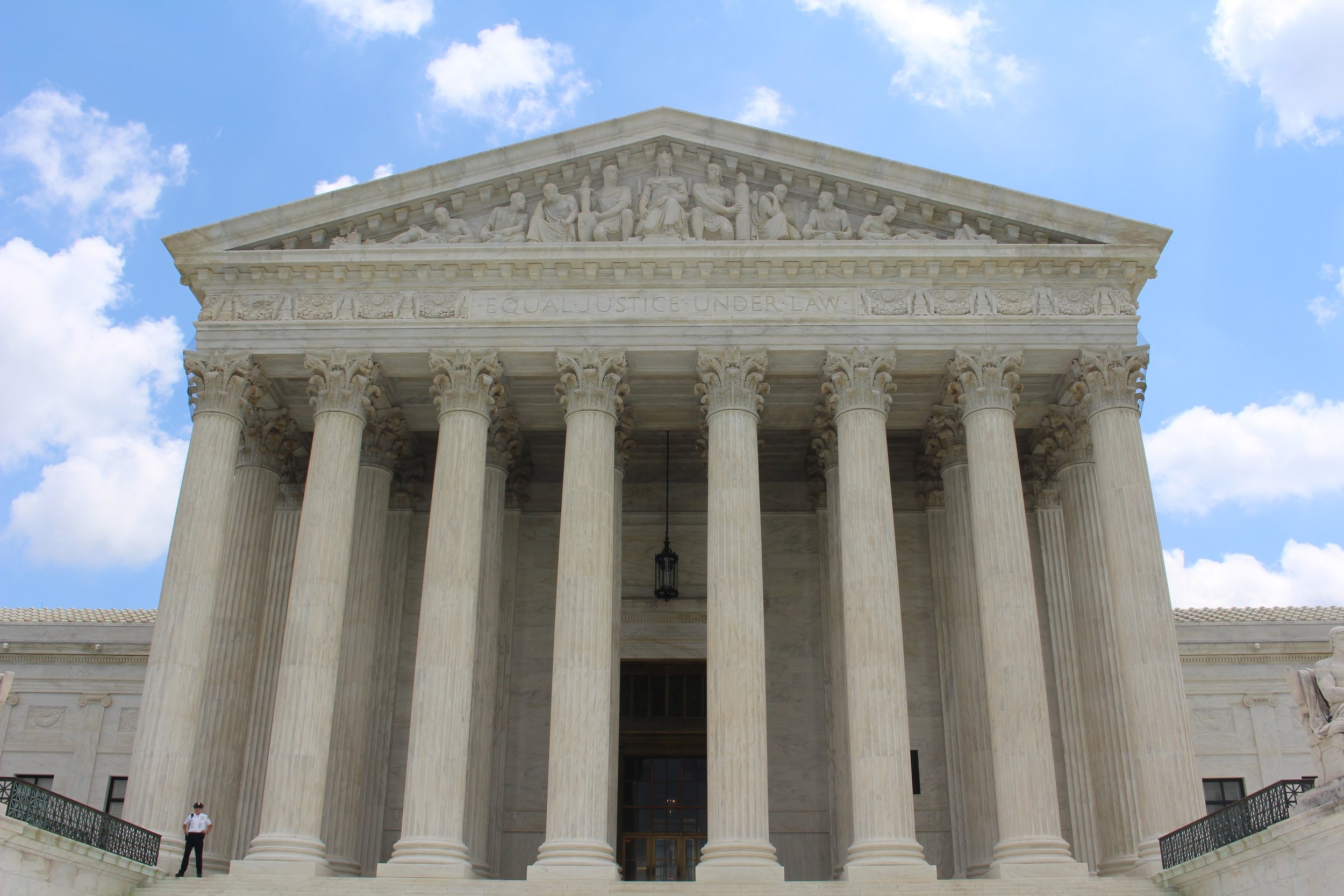Attorney's Recommendations on Habeas Corpus and Your Lawful Securities
Wiki Article
Comprehending the Duty of a Post-Conviction Legal Representative in Looking For Justice After a Criminal Conviction
In the complex landscape of post-conviction legal proceedings, the role of a post-conviction legal representative is crucial in browsing the course to justice after a criminal sentence. Beyond the confines of a trial, these lawyers participate in a multifaceted approach focused on discovering new evidence, difficult legal mistakes, and promoting for their clients' rights. The intricacies of post-conviction job need a blend of lawful acumen, investigative skills, and critical assuming to decipher the complexities of an instance and go after avenues that might have been neglected or underexplored. As the pursuit of justice expands beyond the confines of first procedures, the role of a post-conviction legal representative arises as a sign of expect those seeking to correct injustices and redeem their legal rights within the legal system.Post-Conviction Legal representative's Investigative Work
Post-conviction lawyers participate in precise investigative work to uncover brand-new proof, step-by-step errors, or misbehavior that could potentially result in overturning a sentence. This investigatory phase is important in the post-conviction process as it aims to recognize any forgotten information or lawful errors that might have affected the end result of the first trial. Post-conviction lawyers explore case documents, witness testaments, and legal documents with a fine-tooth comb, looking for any kind of inconsistencies or irregularities that might be grounds for allure.
With thorough investigation, post-conviction attorneys intend to lose light on prospective oppressions that may have occurred during the initial test. By looking at every facet of the legal proceedings, post-conviction attorneys work relentlessly to discover any kind of variables that may have influenced the verdict.
Crafting Appeals and Petitions
In the pursuit of justice after a conviction, skilled lawyers carefully craft charms and requests to existing engaging disagreements for the reconsideration of lawful choices. Crafting allures and applications requires a deep understanding of the legal system, attention to detail, and tactical thinking. Post-conviction attorneys evaluate test documents, determine possible mistakes or offenses of civil liberties, and establish legal disagreements to test the sentence or sentence.When crafting an allure, legal representatives focus on highlighting legal errors that might have influenced the end result of the instance. They research situation regulation, laws, and lawful precedents to support their disagreements. Applications, on the various other hand, may entail presenting new proof that was not offered throughout the trial or showing changes in the law that require a testimonial of the sentence.
Furthermore, post-conviction lawyers should abide by rigorous step-by-step regulations and deadlines when submitting charms and applications. They need to offer their disagreements plainly and persuasively to encourage the court to approve relief to their customers. Through meticulous crafting of appeals and requests, post-conviction attorneys aim to safeguard justice for individuals who have been wrongfully founded guilty or unjustly sentenced.

Going After Post-Conviction Alleviation
Looking for relief after a sentence calls for a critical and attentive technique by knowledgeable lawful experts. Post-conviction alleviation incorporates a series of lawful systems created to test the validity of a sentence or sentence (arkansas federal lawyer). These opportunities consist of filing activities for a brand-new trial, pursuing charms, seeking writs of habeas corpus, and presenting newly found evidence. Post-conviction lawyers play a vital role in navigating these complex procedures, making sure that all legal alternatives are explored to fix oppressions that might have happened during the trial or sentencing stage.One typical form of post-conviction relief is submitting a petition for post-conviction alleviation, usually based on cases of inadequate help of counsel, prosecutorial transgression, newly discovered evidence, or constitutional violations. These petitions call for a detailed evaluation of the trial record, legal research study, and persuasive campaigning for to persuade the court to give alleviation. Experienced post-conviction attorneys possess the skills and understanding needed to recognize sensible lawful cases, perform examinations, and present compelling disagreements to protect relief for their customers. By carefully seeking post-conviction alleviation, these lawful experts strive to fix miscarriages of justice and maintain the concepts of fairness and due procedure in the criminal justice system (Attorney).
Using Forensic Evidence
When challenging a sentence or sentence, the critical application of forensic proof can be a powerful device in post-conviction legal procedures. Forensic proof encompasses a broad variety of clinical techniques made use of to check out crimes and develop realities in court. Post-conviction lawyers Look At This can utilize forensic evidence to challenge the credibility of convictions by providing brand-new clinical findings that were not available during the initial test.
Taking Part In Sentence Adjustments
Post-conviction legal representatives might explore the opportunity of sentence adjustments as a legal opportunity to address disproportionate or unjust sentences passed on in criminal instances. Sentence adjustments include looking for modifications to the terms of an accused's sentence after a conviction has occurred. These adjustments can consist of minimizing the length of a sentence, modifying the sort of penalty imposed, or discovering different sentencing choices.Post-conviction attorneys can go after sentence adjustments through different lawful mechanisms, such as filing motions for sentence reduction, appealing for thoughtful release, or negotiating plea bargains for minimized sentences. They must meticulously review the circumstances of the case, evaluate the legal grounds for seeking an adjustment, and present engaging disagreements to the court supporting the demand for a modified sentence.
Participating in sentence alterations calls for a comprehensive understanding of criminal legislation, sentencing guidelines, and the certain treatments entailed in looking for post-conviction relief. Post-conviction lawyers play an important role in promoting for fair and just end results by tough sentences that are unduly extreme or do not align with the principles of justice.
Conclusion
Finally, the duty of a post-conviction attorney is essential in seeking justice after a criminal conviction. Via investigatory job, crafting allures and applications, pursuing post-conviction alleviation, using forensic evidence, and participating in sentence modifications, these attorneys play an important role in advocating for their customers and guaranteeing that their rights are promoted within the criminal justice system. Their commitment and competence are crucial in navigating the intricacies of post-conviction procedures and accomplishing a reasonable outcome for people encountering criminal convictions.Report this wiki page